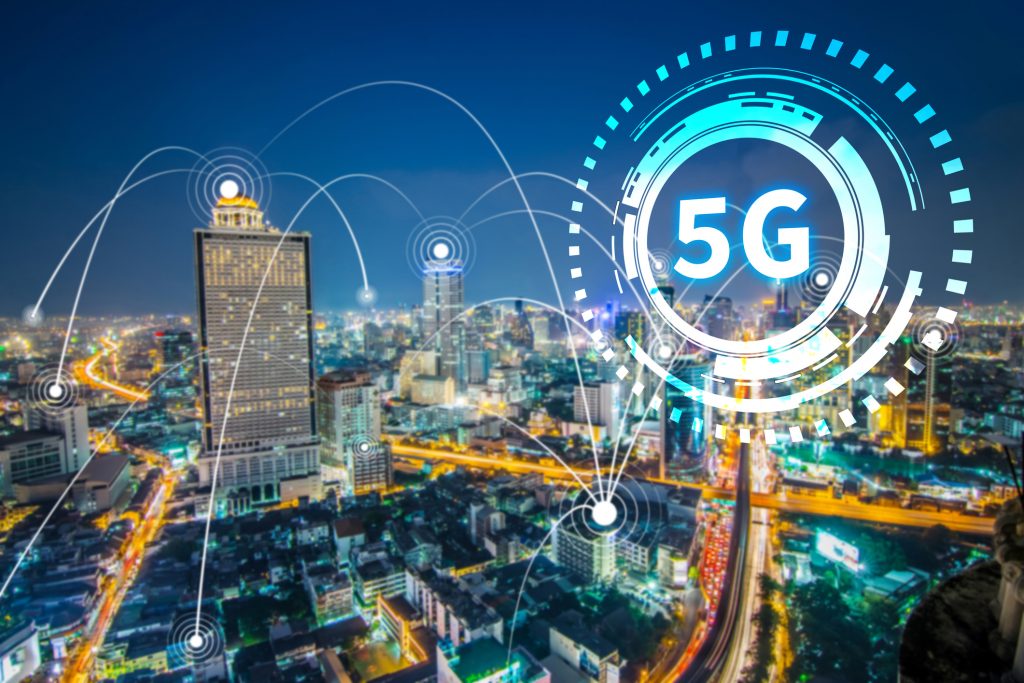A Meteoric Rise in Mobile Data Traffic
The Global System for Mobile Communications Association (GSMA) has projected a dramatic escalation in mobile data usage across Europe, anticipating nearly a threefold increase within the next half-decade. This surge is primarily driven by the rapid expansion and enhancement of 4G and 5G networks, particularly in Central and Eastern Europe.
5G: The Catalyst for High-Bandwidth Services
With 5G technology gaining momentum, users are showing a marked preference for high-bandwidth applications such as gaming, extended reality, and video streaming. This trend necessitates significant network investments by operators, who are expected to inject upwards of €198 billion into network upgrades by 2030.
Economic Impact of Mobile Technologies
In 2022, the mobile ecosystem was a significant economic force in Europe, contributing €910 billion, which accounted for 4.3% of the region’s GDP. The sector was a major employment driver, supporting 2.2 million jobs directly and indirectly. Mobile technologies boosted productivity by €670 billion, with operators alone contributing €110 billion. By 2030, the GSMA forecasts the sector’s total economic contribution will soar to €1 trillion, largely owing to the expansion of the ecosystem and vertical segments leveraging mobile services.
5G: The Future of Mobile Technology in Europe
5G is rapidly becoming the dominant mobile technology in Europe, with predictions indicating it will be the primary technology in three years, led by widespread adoption in Germany and the UK. By 2030, 5G is expected to encompass 87% of all mobile users.
Sector-Wide Benefits and Economic Contributions
5G technology is set to revolutionize various business sectors, with 53% of its projected business benefits attributed to services and 30% to manufacturing by 2030. It’s estimated that 5G will contribute €153 billion to the European GDP over the next decade, representing about 15% of the total economic gains from mobile technology.
Challenges and Opportunities Ahead
However, the GSMA warns of policy barriers that could impede the investment in next-generation networks, potentially jeopardizing Europe’s digital leadership and its ambitious “Digital Decade” targets. Currently, only 5% of European 5G networks are “standalone” compared to 25% in the Asia-Pacific region, highlighting the challenging operating environment for operators. To maintain a competitive edge globally and meet the future digital infrastructure needs of its citizens and businesses, Europe must continue to invest heavily in its network infrastructure.


